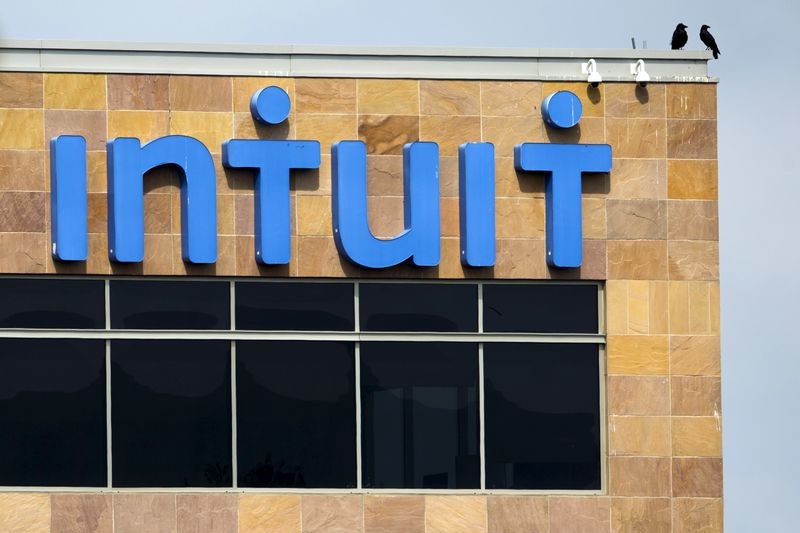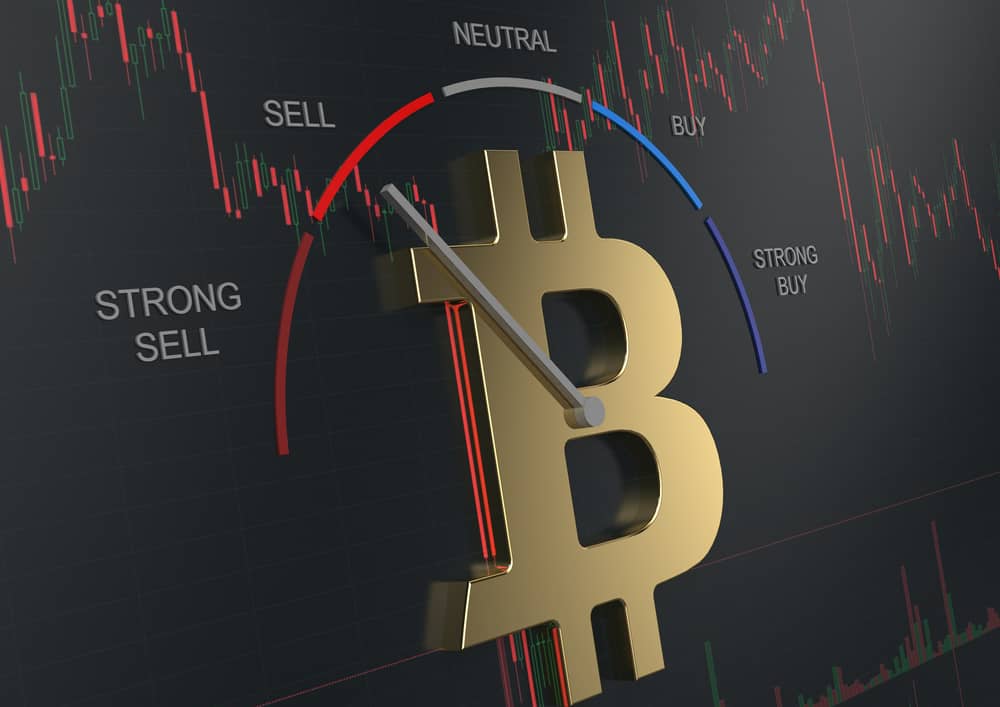hanibaram
Russell Investments said Thursday that Wall Street investment managers generally see a downturn in the U.S. economy as likely, with market volatility set to continue during the final months of 2022.
Compiling the opinions of investment managers focused on various parts of the market, Russell stressed that the Wall Street community remains worried about elevated levels of inflation, hawkish central bank officials and uncertain economic environments in Europe and the U.K. They also fret about the probability that the U.S. will face a contraction as well.
“Most managers still believe that a mild recession is the most likely outcome, particularly for the U.S.,” the firm said in its summary of investment managers’ outlook at the end of Q3.
“As recessionary concerns persist, [investment] managers continue to look for returns in areas that can offer a hedge against inflation, along with downside protection. Many are expressing a preference for companies with pricing power, strong market share and little or no leverage,” Russell added.
The firm noted that the general consensus among managers calls for outperformance among non-U.S. equities, compared to those trading in the U.S. This perception relates to cheaper valuations in the foreign markets, as well as a prediction that the U.S. dollar will begin weakening once the Fed finally alters its ultra-hawkish policy.
While the major U.S. equity averages (DJI) (SP500) (COMP.IND) and the broad-market ETFs that track them (DIA) (NYSEARCA:SPY) (NYSEARCA:IVV) (NYSEARCA:VOO) (NASDAQ:QQQ) have bounced off their yearly lows recently, stocks remain sharply lower for the year as a whole. The S&P is down 20% for the 2022, while the Nasdaq has dropped more than 30%.
Longer-term, Russell’s survey of money managers showed that inflation remained one of the crucial fears, even as the Fed and other central banks take aggressive steps to get price increases under control.
“One of the key risks cited by equity managers in our third-quarter report is the possibility of inflation remaining stuck at high levels. This could lead to a more aggressive slowdown in global growth as central banks continue aggressively hiking rates, which in turn could trigger a deeper-than-expected recession,” the firm noted.
Looking at Thursday’s trading, major market averages trade mixed as investors digest Q3 GDP growth figures and a PCE price index reading that slowed.
















